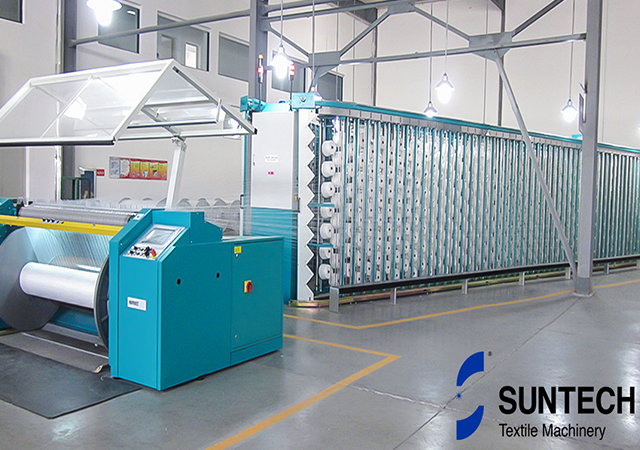Recently, Karachi hosted the Fourth International Textile Expo, drawing global attention to Pakistan, a key player in the textile sector. This event underscores the pivotal role of the textile industry in Pakistan's economy, which has been a cornerstone since the 1990s, significantly contributing to employment and manufacturing output.
Historical Context and Growth
The textile sector entered a golden age in the early 1990s, driven by favorable government policies including significant tax exemptions and economic liberalization. This era saw a surge in domestic investment, with entrepreneurs rapidly building factories equipped with high-quality international machinery, bolstering Pakistan’s presence in global textile markets.
Challenges Facing the Textile Industry
Despite its strong foundation, Pakistan's textile industry faces several challenges:
Internal Challenges
Industrial Imbalance: The industry remains predominantly cotton-focused, which, while historically significant, limits diversification and value addition compared to sectors like synthetic fibers and textile finishing.
Enterprise Scale and Innovation: Many textile enterprises in Pakistan are small-scale, with limited technological advancement and research capabilities, particularly in the more than 30,000 enterprises spanning cotton ginning to fabric processing.

External Challenges
Global Market Dependence: With about 80% of textiles destined for exports, primarily to Europe and America, Pakistan's textile industry is highly susceptible to international market fluctuations. The recent economic downturns in these regions have starkly impacted demand.
Reduced Consumer Spending: The COVID-19 pandemic has exacerbated these challenges, leading to reduced consumer spending in key export markets, further straining the industry.
Government Initiatives and Future Prospects
Recognizing these issues, the Pakistani government has introduced several supportive measures, including the notable "5-Year Textile Industry Policy" in 2009, which aimed to boost exports and technological enhancement with significant financial outlays.
Despite these efforts, the industry's recovery has been tepid amid global economic uncertainties. However, experts remain optimistic about the sector's potential, buoyed by Pakistan's rich labor resources and established industry base.
Conclusion: A Path Forward
The recent Textile Expo not only showcased the enduring capabilities of Pakistan's textile sector but also highlighted the need for strategic adjustments to enhance resilience and adapt to changing global demands. For the industry to thrive, it will need to diversify beyond cotton, embrace technological innovations, and expand into less saturated markets.
With the right mix of government support, entrepreneurial initiative, and international collaboration, Pakistan's textile industry can navigate current challenges and emerge stronger, contributing even more robustly to the country's economic landscape.
SUNTECH Textile Machinery has the range of products encompasses almost all fabric types, including but not limited to fabric cutting machines, motorized beam trolley, beam storage, and fabric inspection machine. SUNTECH Textile Machinery continues to lead the textile industry with our innovative approach and extensive experience. Welcome quotes and cooperation opportunities from you!




